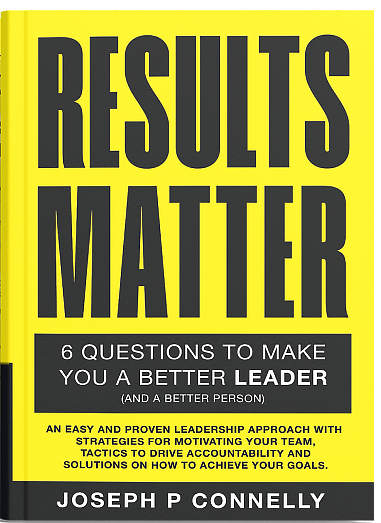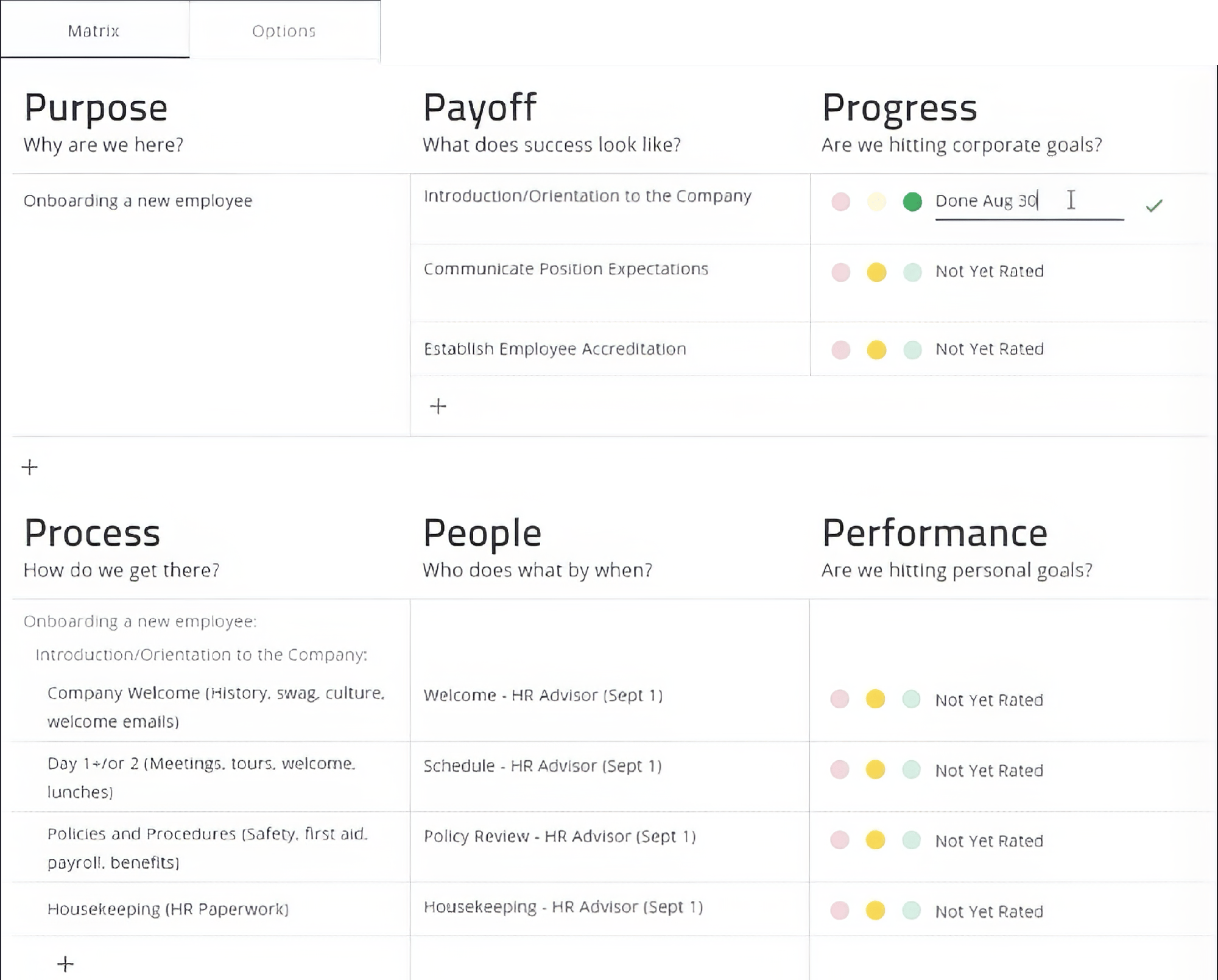What Makes a Great Leader?
Pretty much every year, I am blessed to be able to speak to university students about leadership. I usually begin by challenging them with the question, “What makes a great leader?” I then ask them to prove their conviction by coming down and writing it on the board.
Inevitably, they quickly fill the white board with attributes like; Be Decisive; Think Long Term; Stay Focused; Win Trust; Be Honest; Stay Curious and so on.
I began to keep a list of all these attributes and that list now easily topped over 100 of these unique traits or performance improvement techniques - Far too many for even the very best leader to even remember.
Couple that list, with the hundreds of leadership attribute books that are written every year, and I began to question the real value of all these leadership traits.
While there are only four broad types of leaders, they do come with many different traits and qualities and personalities … and they NEVER change. Leaders have very consistent personalities.
I came to learn that great leadership is not about having great attributes but rather great leadership is about achieving great results.
The essential evaluation for any leadership position whether it be in politics, the arts, business or sports are always the same - namely the results generated. Results is the overriding criteria. The bare minimum if you will.
Don’t get me wrong, positive attributes definitely will create a more positive work environment and that will certainly boost production, but it does not necessarily translate into great results. Better results on average, sure - but not great results.
I think legendary management expert Peter Drucker said it best over 30 years ago.
“Leadership is not about making speeches or being liked; Leadership is defined by results, not attributes.”
The Results Matter System was created to assist leaders in their primary function of achieving results and improving strategic decision making.
On the personal level, the system of six questions is instrumental in career planning and personal development as it provides a path to personal goals.
At the team level, the system works well in both the main office and the home office. It circulates easily and allows everyone on the team to stay up to date on daily routines and the status of special projects regardless of location. The Accountability Matrix sets goals, engages employees and promotes a positive team culture.
At the company level, the Results Matter System serves as an indispensable tool for activities like strategic planning, visioning and for communicating and reinforcing the company’s direction. Leadership metrics for success are clearly identified.
The six questions allow for team collaboration around the best strategies to implement. Program evaluation is covered by the last two questions and pivots on the effectiveness and progress of the individual and the team.
Regardless of the level involved, the system improves results by clearly establishing the goals, assigning the responsibilities and ensuring a focus on the results. At the core of the application is six key questions and this emphasis on these questions cannot be underrated.
To again quote Drucker, “The most common source of mistakes in management decisions is the emphasis on finding the right answer rather than the right question”.
Further, it is said that an MBA teaches you to ask the right questions and these are the six key questions we ask here to set up the Results Matter accountability matrix.
“Why are we here?’
“What does success look like?”
“How do we get there?”
“Who does what when?”
“How are you doing?”
“How are we doing?”
These six questions have proven invaluable for me when dealing with challenges in the community, debating politics at Council or negotiating projects in the boardroom. The first four gather facts and commitments while the last two focus on monitoring progress and providing feedback.
I created the Results Matter System as a valuable tool to drive better business results and thereby, create better leaders. I hope this tool helps you to lead your own team towards more effective results on all your future projects.

